- The Real Problem After the Great Flood — The Corruption of the Spirit World and Its Consequences
- Earth-Born Gods and the Transformation of the Spirit World — The Starting Point of a Chain of Corruption
- The First God of Earth, Sethantes, and the Earth-Grown Gods — A Destiny Divided by Knowledge of the Universe
- Archangel Sue’s Reformation and the Redemption of the Gods — A Path of Salvation Without Destruction
- References, Images used
The Real Problem After the Great Flood — The Corruption of the Spirit World and Its Consequences
Around 22,000 B.C., the Earth’s largest landmass, the continent of Pan, sank beneath the Pacific Ocean.
This cataclysm is remembered by humanity as the “Great Flood,” and its echoes still remain in many myths and legends around the world.
However, even after this great event, humanity continued to fall into moral decline.
By around 19,000 B.C.—roughly 3,000 years later—Earth was no longer producing high-level souls capable of ascending to the heavens.
On Earth, kingdoms were constantly at war, and even in the lower heavens (the spirit world connected to Earth), the beings known as Gods and Lords began to break the Creator’s commandments and fell into lives of indulgence and disorder.
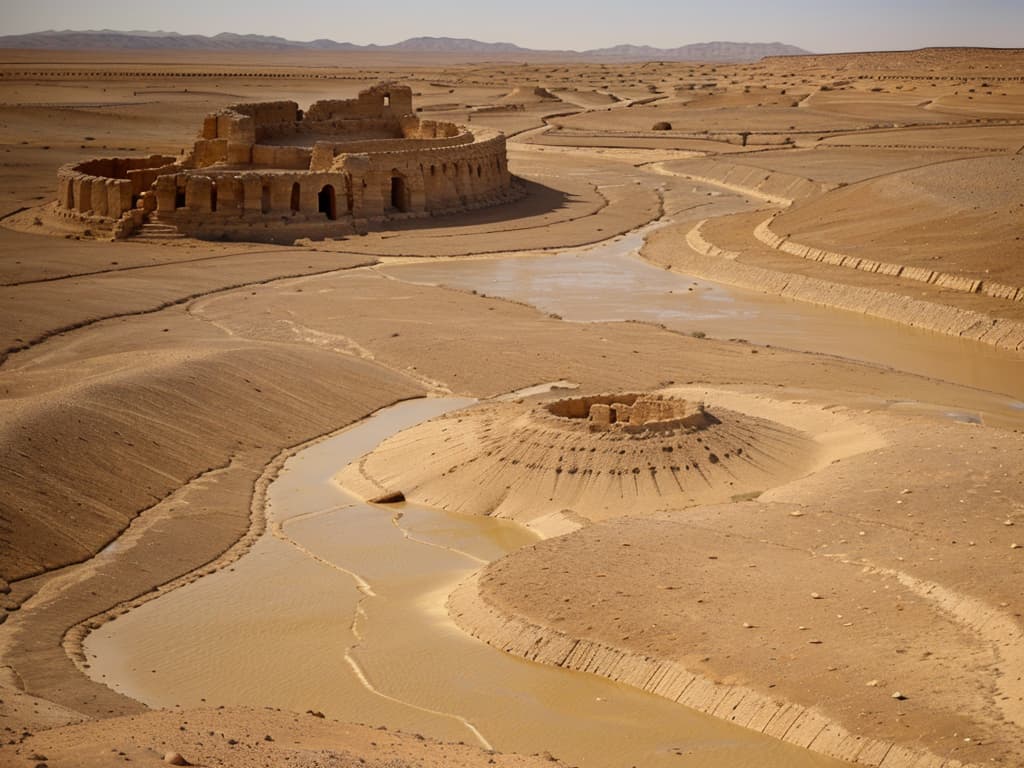
Before the sinking of Pan, it was primarily corrupted human souls that flooded the spiritual realms—so numerous and degraded that even the gods could no longer manage them.
But after Pan was lost beneath the waves, an even more shocking development occurred: the gods themselves began to fall into corruption.
This “fall of the gods” marks the critical difference between the eras before and after the submersion of Pan.
It became the root of a much deeper problem—one that has continued to affect humanity to this day.
In this article, we’ll explore a central question:
Why did the gods fall into corruption?
Earth-Born Gods and the Transformation of the Spirit World — The Starting Point of a Chain of Corruption
By around 22,000 B.C., the Earth was overflowing with dark spirits known as Drujas.
The situation had become so severe that even the gods who governed the Earth could no longer purify it on their own.
To resolve this, the Creator, Jehovih, gathered the Drujas onto the continent of Pan—the largest landmass on Earth at the time—and sank the entire continent beneath the ocean.
This act served as a kind of pruning, cleansing the world of its overwhelming spiritual corruption.
After the Drujas were purged, a brief period of peace followed. Humanity became more virtuous, and people enjoyed a time of harmony.
But once human hearts had been purified, it was the gods themselves, who ruled over the Earth, that began to fall into corruption next.
■ The Hierarchy of Gods and Angels
In OAHSPE, a God is the highest-ranking angel among those who belong to the Earth.
Among these, there is one supreme God who rules over the entire planet. This being sits upon the Earth’s spiritual throne and is referred to as the God of the Earth.
Directly beneath this God is the second-highest rank of angels: the Lords.
Lords are responsible for governing specific nations or cities. Depending on their assignment, a Lord may command hundreds of millions of angels—or even several trillion.
The third rank is known as the Marshal.
Marshals serve as protectors of the thrones of Gods and Lords, and they also carry out specific missions under direct divine command.
Fourth in the hierarchy are the Loo’is.
Their sacred role is to oversee human births, particularly by assigning souls to unborn children. It is a deeply important task that links the spiritual and physical realms.
Fifth in rank are the Ashars, or guardian angels.
Each Ashar is assigned to a human at birth, remaining by their side and watching over their soul throughout their life.
The sixth rank is known as the Asaphs.
When a human dies, it is the Asaphs who receive their soul and guide it into the spirit world, beginning the soul’s journey beyond the physical life.
■ Ranks, Promotion, and the Beginning of Spiritual Decline
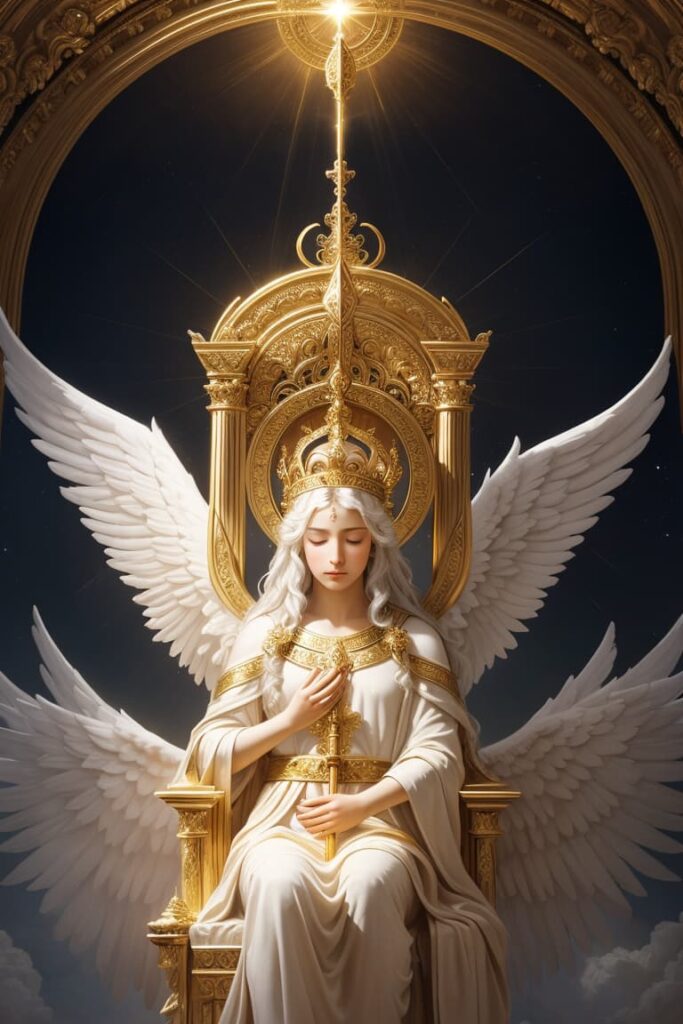
Among the angels, there exists a clear hierarchical system.
By performing good deeds, fulfilling their duties sincerely, and accumulating merit, angels can rise in spiritual rank.
Those who reach the highest level may eventually become Gods, and some even ascend to the higher heavens.
One key point is this: any soul can become a God.
After death, if a spirit continues to grow and advances through the ranks with effort and virtue, it can eventually attain godhood.
This means that a God born and raised on Earth can emerge.
However, it was the appearance of these “Earth-grown Gods” that marked the beginning of a long and troubling decline among the divine.
This was where the corruption of the gods began.
The First God of Earth, Sethantes, and the Earth-Grown Gods — A Destiny Divided by Knowledge of the Universe
When a soul born on Earth accumulates virtue and rises to a high spiritual rank, it may eventually be called a God.
However, one major problem arises at that point: such a soul often lacks awareness of the greater universe beyond Earth.
The first God of Earth, Sethantes, had originally come from the outer cosmos as a great archangel.
He understood that beyond Earth—and even beyond the solar system—there existed vast worlds and higher realms.
Because of this, he never became arrogant or self-absorbed within the narrow confines of Earth alone.
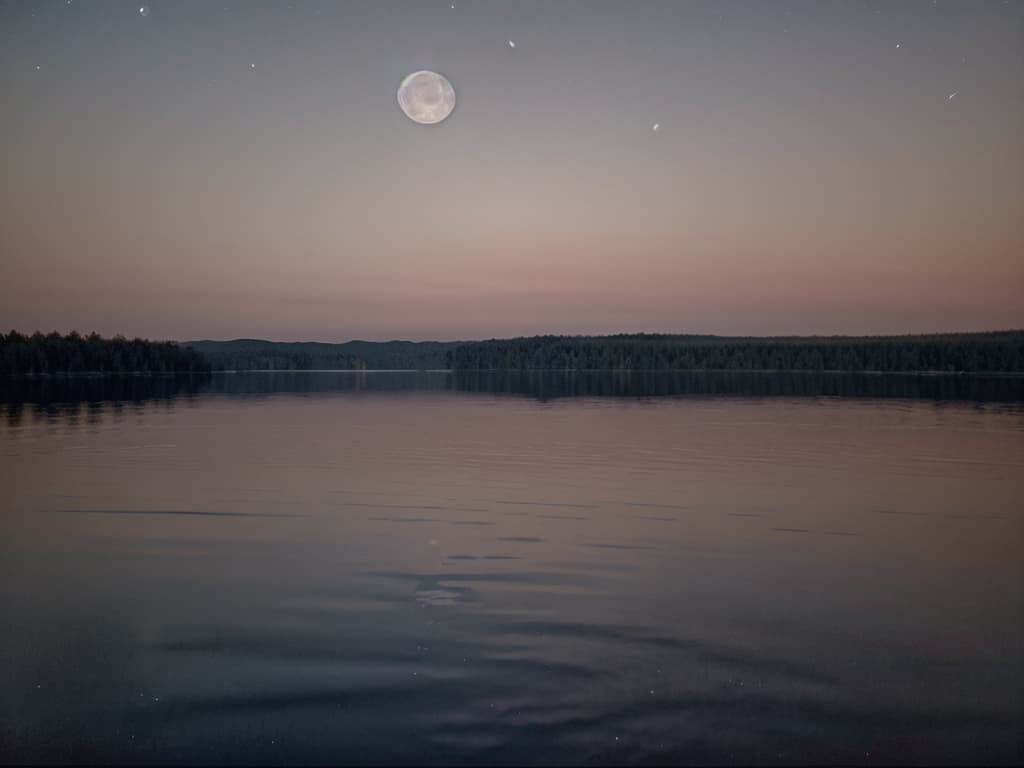
In contrast, the gods who were born and raised on Earth had no direct knowledge of the greater universe.
Even if they had heard of it in theory, they had never seen it with their own eyes and could not grasp its reality.
As a result, many of them came to believe that Earth was all there is, and that the gods and lords who ruled Earth were the highest beings in existence.
This misunderstanding gave rise to arrogance—the very seed of spiritual corruption.
“All corruption begins with pride”—and even the gods were not exempt from this truth.
In time, some of these prideful gods began to turn away from the teachings of the Creator, Jehovih, and gradually fell into darkness and selfishness.
Archangel Sue’s Reformation and the Redemption of the Gods — A Path of Salvation Without Destruction
Around 19,000 B.C.—roughly 3,000 years after the submersion of the continent of Pan—Earth was home not only to humans, but also to a growing number of fallen gods.
Seeing this, the Creator Jehovih appointed Archangel Sue to lead a spiritual reformation of the planet.
Unlike the drastic measures taken during the Flood, Sue chose a gentler path—one that sought to reform the gods through their own willingness, rather than force.
Sue proposed a plan: the fallen gods would be allowed to continue their rule, but only if they agreed to extract the dark spirits (Drujas) and fetal spirits that had attached themselves to humans.
These extracted spirits would be allowed to become their servants.
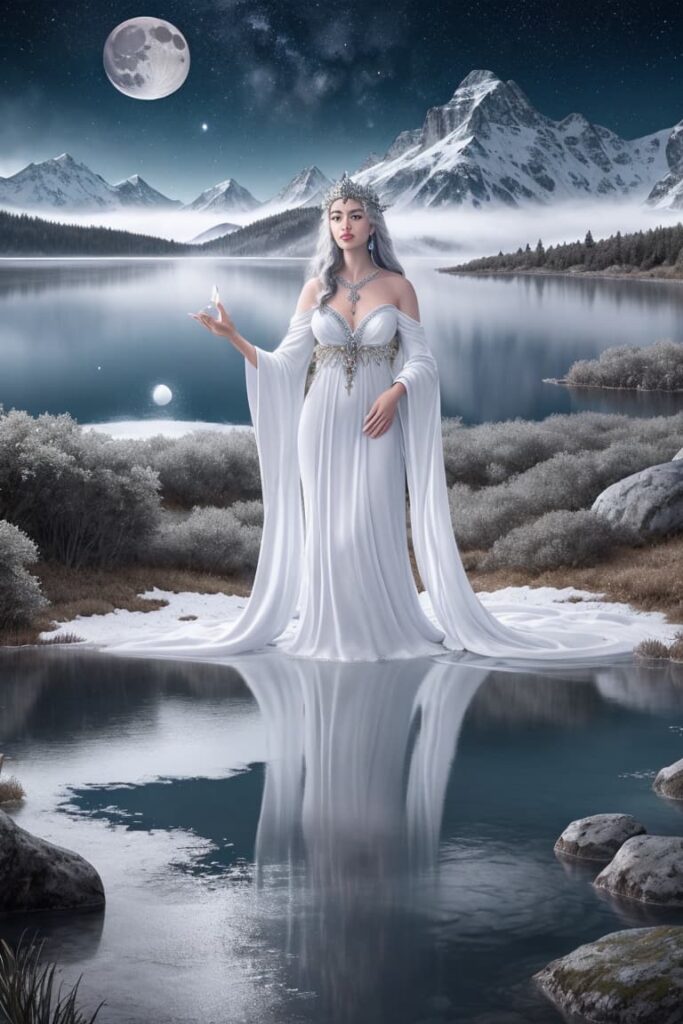
The false gods accepted the offer, and soon began to compete with each other to remove spirits from human beings, each expanding their influence and power.
But this, in fact, was exactly Sue’s intention—just as with the submersion of Pan, this strategy effectively cleansed humanity of dark spiritual influences.
Over time, however, the armies of the false gods became filled with low-ranking, disorderly spirits, which proved difficult even for the gods themselves to manage.
Then, at the perfect moment, Sue descended once more to Earth.
He conducted a sacred ceremony of ascension before the false gods—a procession of high-ranking, well-disciplined spirits known as Jehovih’s Brides and Bridegrooms.
Witnessing this, the false gods came to a profound realization:
no matter how many Drujas they commanded, they were powerless before truly exalted souls.
One by one, they repented.
This was the story of salvation that unfolded when Archangel Sue returned to Earth after one full cycle—approximately 3,000 years—following the Flood.
These events are recorded in OAHSPE, Book of Sue.
At that time, the corruption of the gods had not yet reached a critical point. With proper guidance, redemption was still possible.
But in later ages, this corruption would grow ever deeper—leading eventually to spiritual ruin on a much greater scale.
References, Images used
| Books | authors | publishers |
|---|---|---|
| OAHSPE ”A New Bible in the Worlds of Jehofih and His angel embassadors.” | John B. Newbrough | OAHSPE PUBLISHING ASSOCIATION |
Image:Generated from stable diffusion(model:etherRealMix_etherRealMix4.safetensors)
Image:Generated from stable diffusion(model:XSMerge-RealisticVisionV3-ForArchi)
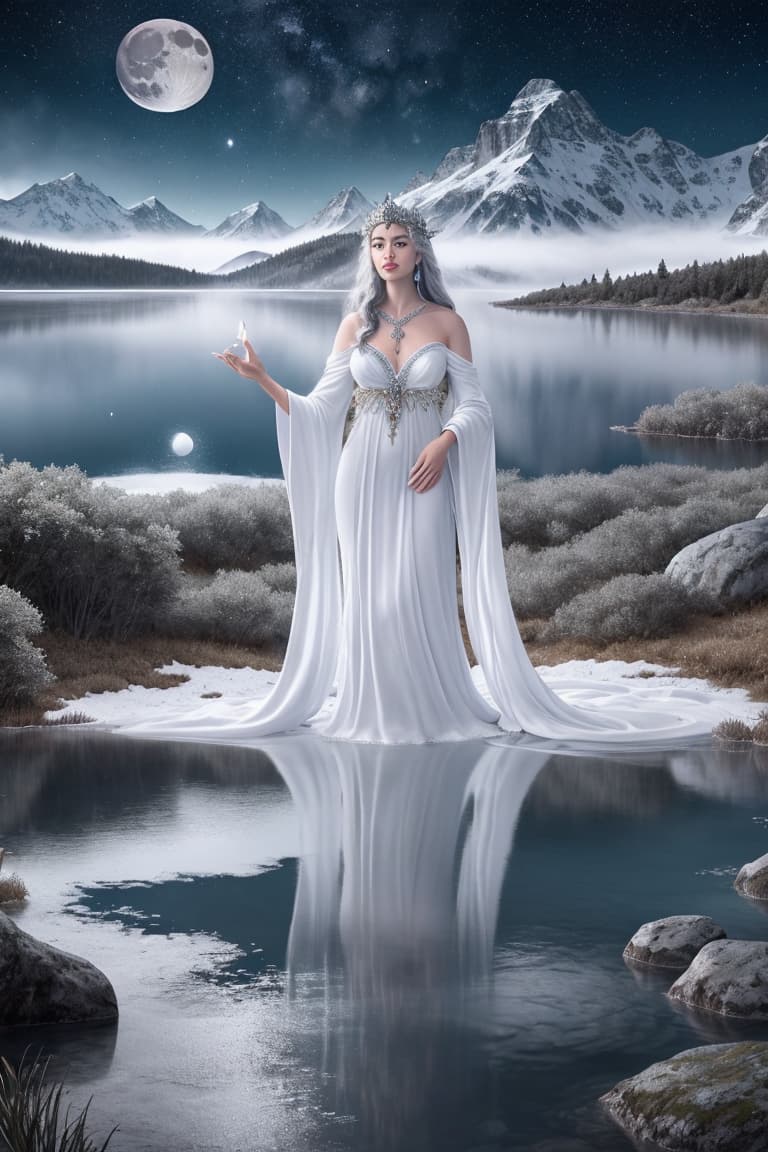


コメント